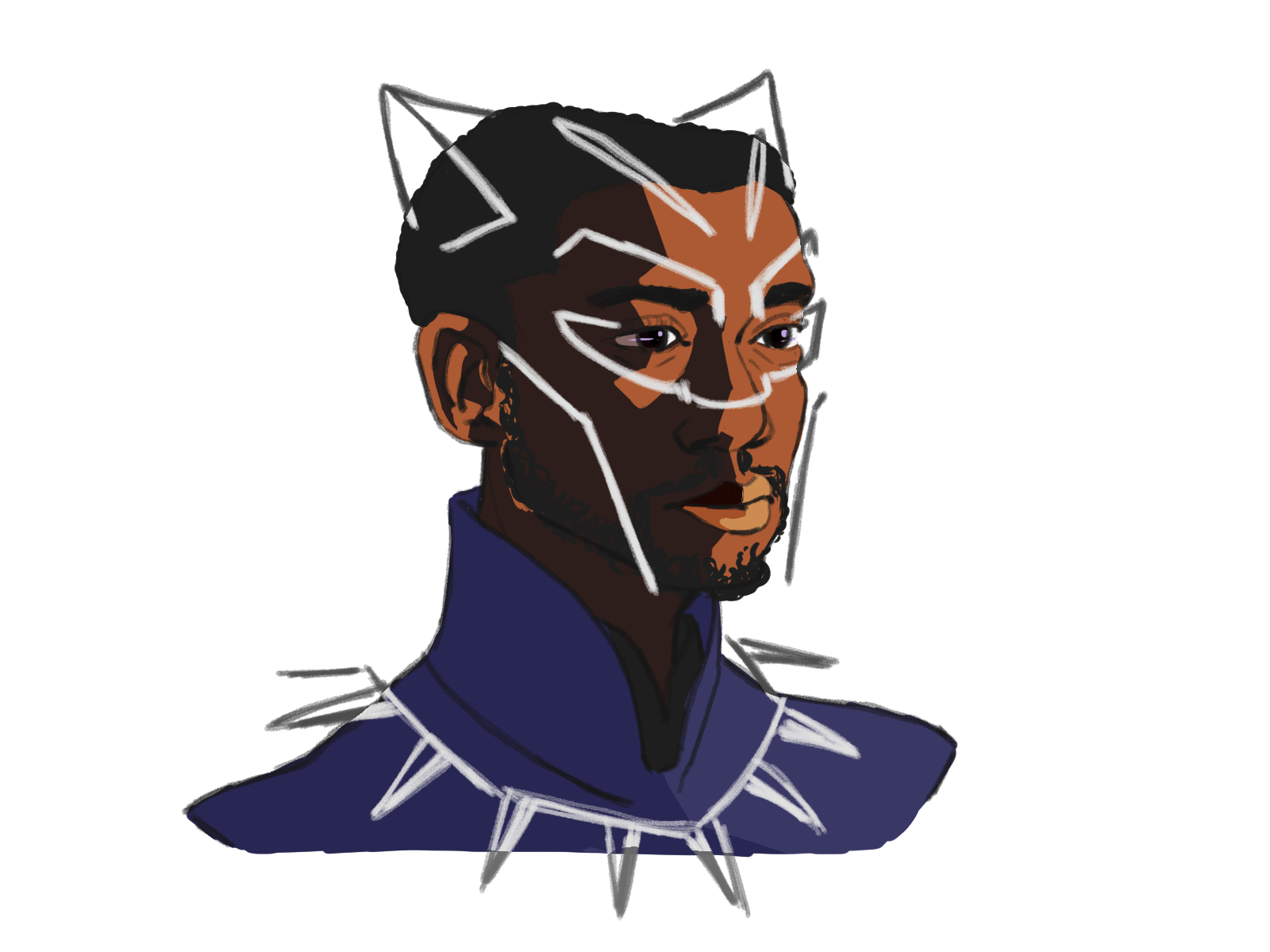Black Panther breaks records and sparks a cultural moment
MOVIE REVIEW
By Michelle Xu & Corey Holt
mxu37@mail.ccsf.edu
coreymh07@gmail.com
The release of the critically acclaimed film “Black Panther” sparked an emotional in-depth conversation throughout the African-American community.
Unlike other Marvel films made before, “Black Panther” features a predominantly African-American cast.
The plot centers around a strong and well-respected Black protagonist known as T’Challa, whose father’s death hands him the throne of Wakanda—a fictional, technologically advanced nation in Africa.
Elements of revolution, liberation, injustice, racial tension, African cultural roots and messages conveying the power of Black women and equality embody the dialogue of the film.
Music, color and imagery feature highly in the aesthetic of “Black Panther” that includes an instrumental hip-hop soundtrack, ritualistic ceremonies, traditional African inspired costumes and the use of the South African language, Xhosa, which is spoken among the Wakandan people.
Although most of the film takes place in Wakanda, the story begins and ends in Oakland, the hometown of African-American director and co-writer, Ryan Coogler, and the birthplace of the first Black Panther Party Chapter.
Wakanda flourishes with wealth and beauty thanks to Vibranium—a native resource that built the nation’s incomparable innovation; Oakland is a gritty urban city with a history of civil rights battles, crime, and poverty.
The juxtaposition created from the shifts between Wakanda and Oakland help viewers examine one of the film’s deeper themes: the relationship between African-Americans and their motherland, Africa.
In an ABC News interview on Feb. 17, Chadwick Boseman, who plays T’Challa, elaborates on the impact of the film: “They [the Black community] see power, intelligence, achievement. They see their dreams. It’s aspirational.”
Female characters like T’Challa’s sister, Shuri (Letitia Wright), the scientific genius in charge of Wakanda’s technological advancements, Nakia (Lupita Nyong’O), T’Challa’s courageous love interest, Queen Romanda (Angela Bassett), the supportive mother, and Okoye (Danai Gurira), the loyal general and leader of the women warriors known as the Dora Milaje–all give young African-American women a positive image of their potential.
T’Challa represents the uncolonized African while his villain cousin, Erik Killmonger, is an African-American who grew up in Oakland. Similar to Scar, Simba’s uncle from “The Lion King,” Killmonger plans to get rid of T’Challa to secure the Wakandan throne. However, unlike other selfish villains, Killmonger’s motives can be seen as more altruistic.
In a Washington Post interview on Feb. 14, Coogler explains, “T’Challa represents… an African that hasn’t been affected by colonization. So what we wanted to do was contrast that with a reflection of the diaspora. But the diaspora that’s the most affected by it. And what you get with that is you get African-Americans. You get the African that’s not only a product of colonization but also a product of the worst form of colonization, which is slavery. It was about that clash.”
The connection between the film and the Black Panther movement are not blatant on screen, but there are some references of revolutionary responses to unjust systematic oppression that stem from the party’s ideology.
“Ultimately, it was a good movie,” said Michael Hudson whose father, Warren Hudson, was a member of the Black Panther Party during the 1970s chapter in the lower ninth ward of New Orleans in Louisiana.
“The system had to be fixed, and the Panthers wanted all power to the people,” Hudson said of the Black Panther Party, echoing an underlying subtext in the film. “The Panthers wanted peace, but they were also fed up with being at the bottom of the judicial system’s authority. They got angry, but who wouldn’t be angry because they were being oppressed?” he added.
The anger and frustration of African-Americans whose ancestors were victims of the Atlantic slave trade can be speculated upon through the film, especially through Killmonger, but the idea of unity and nationalism and what it means for the Black community remains the main focus of “Black Panther,” similar to the ideas the Panther Party had for their community.
The parallel is made when the effects of the Atlantic slave trade is examined through the present condition of contemporary society for urban African-American cities. The film guides us to observe how things came to be, and where Africa’s history fits in the answer.
Even though this is only Coogler’s third project, his outstanding talent continues to produce films that have outlived viewers expectations as “Black Panther” made a worldwide total of $426.6 million so far.
In just four days, Black Panther surpassed Deadpool’s $152 million opening in 2016 by swooping in $242 million, making it the fifth highest opening of all time. It’s no wonder it ranks an A-plus on CinemaScore and gained a 97% rating on Rotten Tomatoes.
Black Panther gives the Black community a greater chance to shine through film and other media and has created a pathway for African-Americans to continue being noticed for their own creativity, abilities, and strengths.

